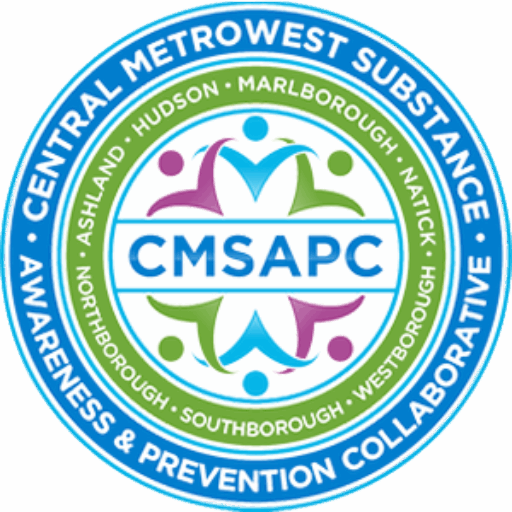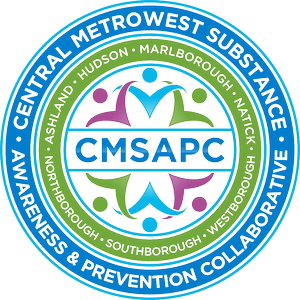Prevention 101
What is Prevention?
Prevention means taking action before a problem starts. It’s not just about saying “no” to drugs; it’s about building strong foundations and support systems. That means empowering individuals, families, and communities with the tools and knowledge to make safe and informed choices.
Our work is guided by the Strategic Prevention Framework (SPF), a step-by-step approach to creating lasting change in our communities. Here’s how it works, simplified.
Our Five-Step Approach
- Assessment – Understanding the needs of our communities by collecting data about substance use trends.
- Capacity Building – Strengthening the skills and resources of everyone involved in prevention efforts.
- Planning – Developing effective strategies based on data, science, and community input.
- Implementation – Putting those plans into action through programs, campaigns, and initiatives.
- Evaluation – Measuring what works and improving what doesn’t to ensure meaningful outcomes.
Why Prevention Works for Communities
Reduced Substance Use
Evidence shows communities with a strong prevention focus see lower rates of alcohol, nicotine, and drug use among youth.
Improved Mental Health
Preventative actions encourage healthy behaviors and emotional resilience, fostering overall well-being.
Stronger Communities
Prevention efforts build connections, trust, and safety in neighborhoods, creating a sense of belonging.
How We Approach Prevention
Step 01
Focus on Substances of First Use
Step 02
Integration of Mental Health
Step 03
Data-Driven Strategies
Step 04
Collaboration Across Communities
Ways to Get Involved & Find Support
Get Involved
- Join a Local Coalition: Find your town’s coalition to connect with like-minded people dedicated to substance use prevention.
- Attend Events: Check out our events calendar for upcoming workshops, talks, and activities you can participate in.
- Spread Awareness: Talk to your children, friends, and neighbors about the importance of prevention and share CMSAPC resources.
Want to take the first step? Find your local coalition.
Resources & Support
- Massachusetts Substance Use Helpline: 800-327-5050
- Text “HOPE” to 800327
- 988 Suicide & Crisis Lifeline
- Advocates 24-Hour Crisis Support: 800-640-5432
For a full list of resources, visit our Resource Library.

